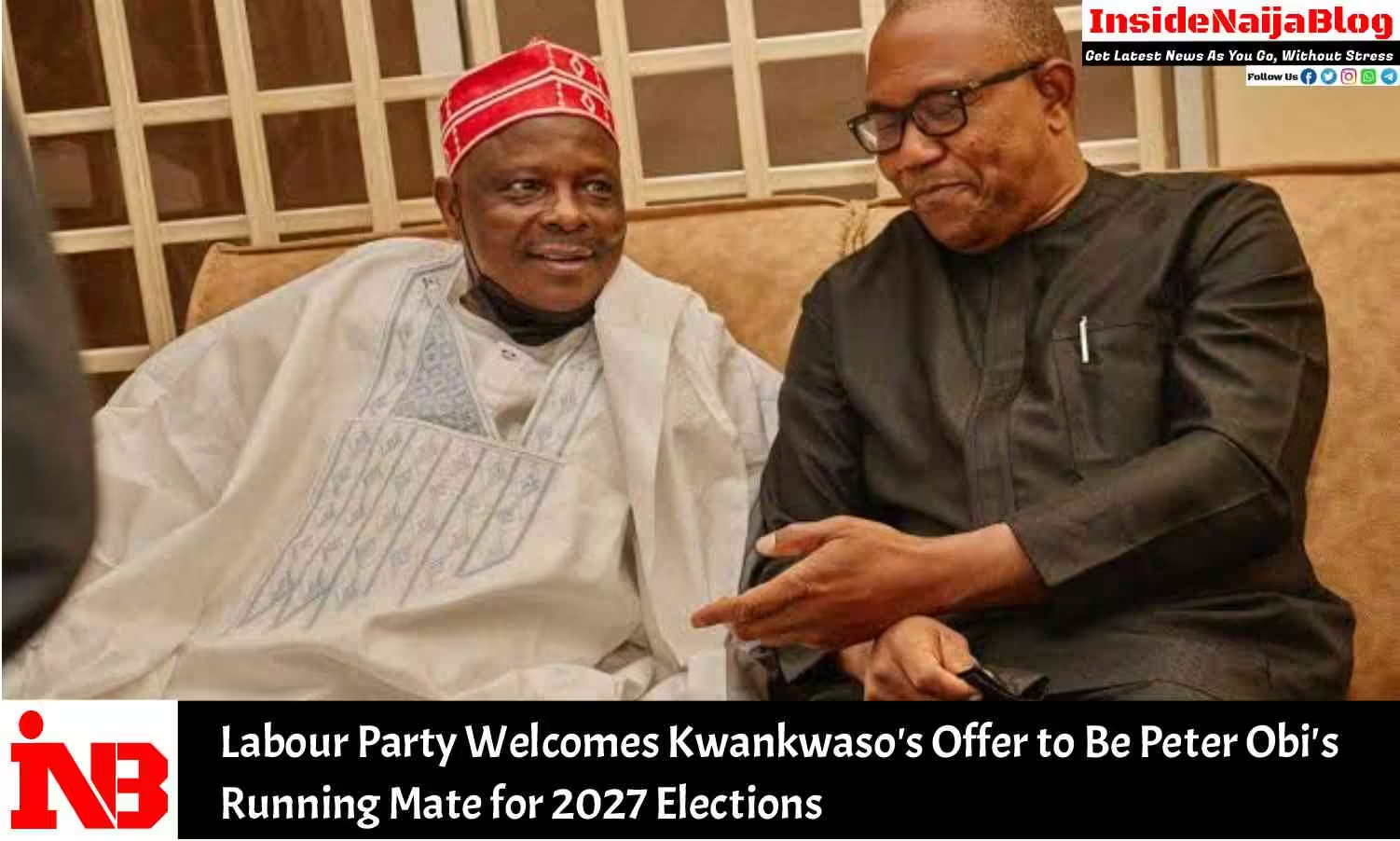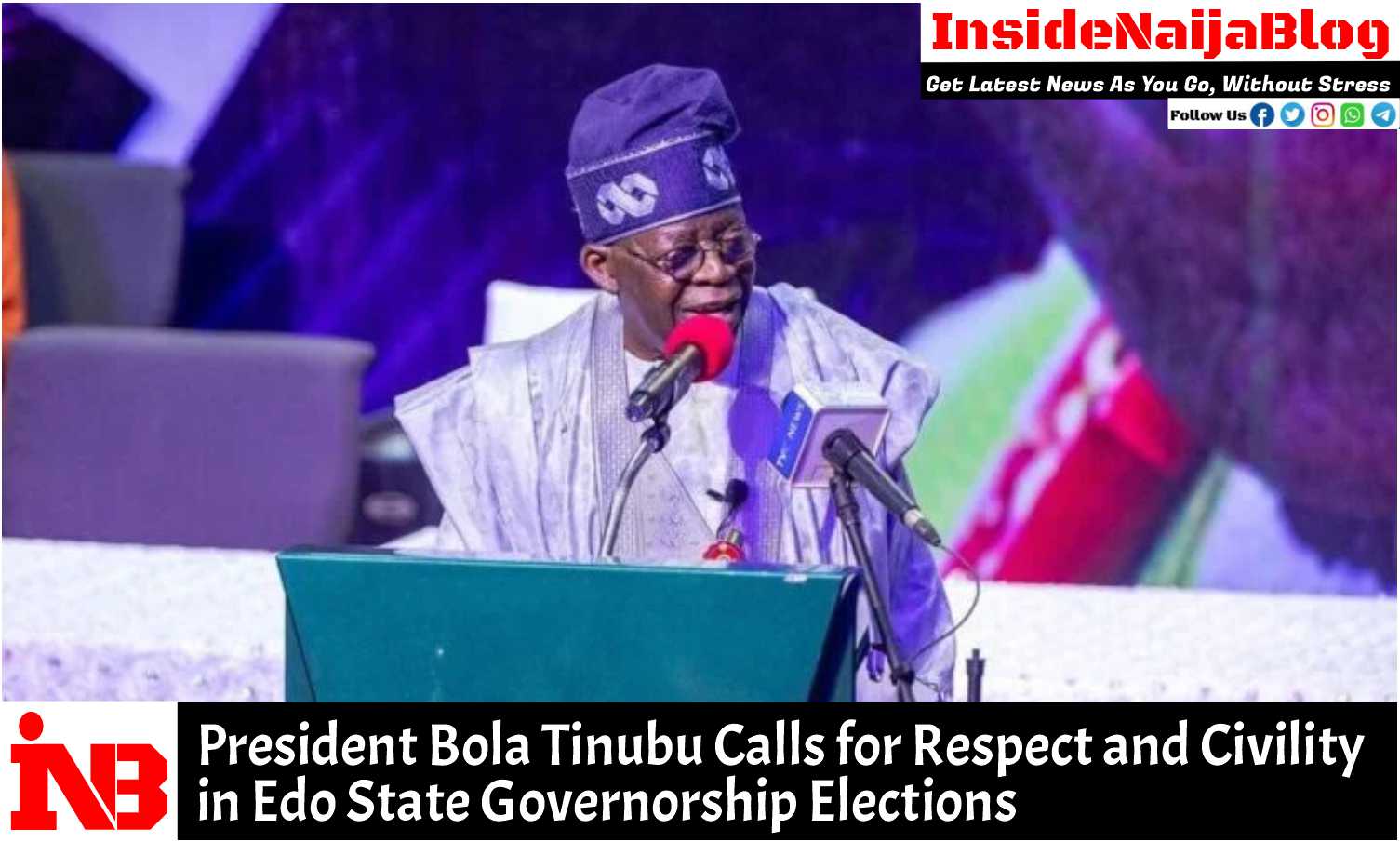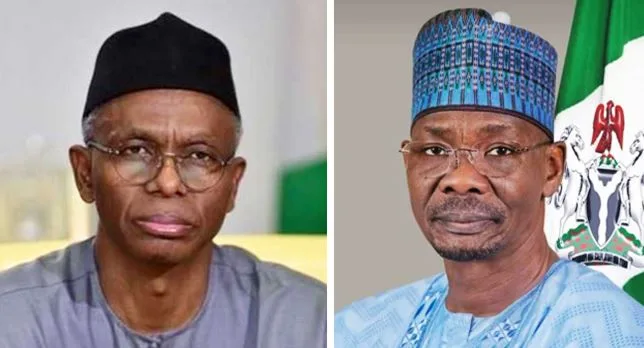The Labour Party (LP) expressed enthusiasm on Sunday regarding the proposal by Senator Rabiu Kwankwaso, the presidential candidate of the New Nigeria People’s Party (NNPP) in the 2023 elections, to serve as a running mate to LP’s Peter Obi in the upcoming 2027 presidential election. This offer marks a significant turn of events, coming barely two years after the two parties failed to merge due to disagreements over leadership roles.
In a recent viral video, Kwankwaso conveyed his willingness to support Obi, provided that “certain conditions are met.” He underscored his political stature by stating, “I’m bigger than Peter Obi politically; I’m his elder brother, I’m a PhD holder, and I performed better than him when I was the governor of my state.” His comments indicate a readiness to potentially step into a deputy role, although he emphasized the need for discussions to establish trust between the two leaders.
The discussions between the LP and NNPP regarding a possible merger ahead of the 2023 elections did not materialize, primarily due to both Obi and Kwankwaso being unwilling to concede leadership positions. In the 2023 presidential election, Peter Obi secured approximately 6,101,533 votes, finishing in third place, while Kwankwaso came in a distant fourth with about 1,496,687 votes.
In the wake of Kwankwaso’s latest offer, the LP’s National Secretary, Umar Farouk, welcomed the development during an exclusive interview with The PUNCH. He encouraged Kwankwaso to refrain from undermining the merger discussions by claiming superiority based on his political experience or educational qualifications. Farouk stated, “As a political party, we stand for good governance and we have equally given all our candidates the opportunity to choose how to associate with people of like minds who share the philosophy and ideology of the Labour Party.”
Farouk further highlighted the irony in Kwankwaso’s previous claims of political prominence, pointing out that despite his supposed popularity in the North, he was only able to secure less than two million votes in the last election. He advised Kwankwaso to focus on the current political climate, suggesting that collaboration between Obi and Kwankwaso could benefit the opposition’s chances against the ruling APC government in the 2027 elections.
Meanwhile, despite the ongoing criticisms of President Bola Tinubu’s reform policies from the opposition, a legislative aide to the Deputy President of the Senate, Alhaji Ado Garba (Tati), expressed confidence in Tinubu’s chances of re-election in 2027. Speaking to newsmen in Kano, Tati stated his belief that the people of Kano would overwhelmingly vote for Tinubu and the APC, largely due to the goodwill generated by the Deputy President of the Senate, Barau Jibrin.
Tati outlined several development initiatives spearheaded by Jibrin that have positively impacted the community, including women and youth empowerment programs, scholarship schemes, the desilting of dams, and the provision of roads and irrigation systems. He noted that these efforts have contributed to an increase in APC membership, even as the Kano State Government remains under NNPP control.
Furthermore, Tati reported that Senator Barau has successfully welcomed thousands of former NNPP supporters into the APC, despite the political landscape. He believes that these initiatives, combined with Tinubu’s reform policies, will lead to significant support for the APC in the 2024 elections.
Overall, as the 2027 elections approach, the dynamics between the Labour Party and the New Nigeria People’s Party could play a pivotal role in shaping Nigeria’s political future, particularly as they navigate their differences and seek common ground for collaboration against the ruling party.




